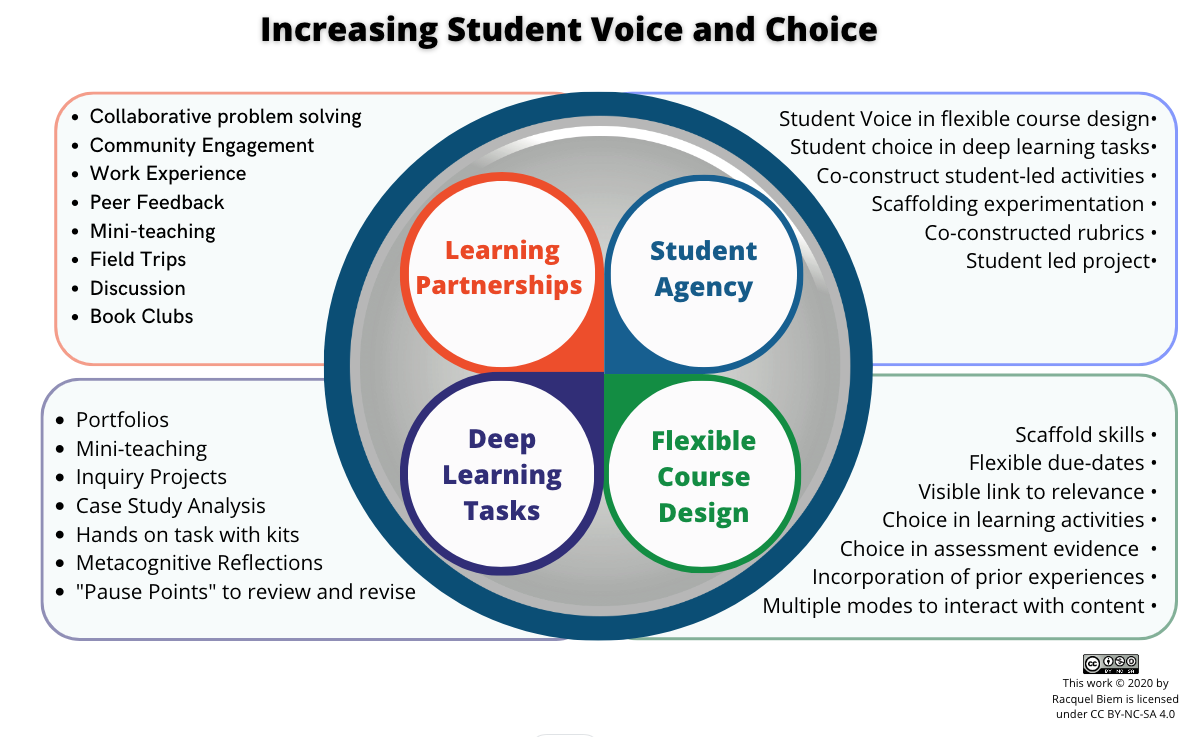Coffee and Icebergs: Analogies, Metaphors, and Stories in Teaching Tough Concepts
 Nancy Turner, GMCTE Director, recently came across an intriguing resource on an Australian listserve called the Chemistry Pedagogical Content Knowledge Project. This site had been developed through a large qualitative research project and this specific resource is for Chemistry. She shared it with me, and after exploring it, I was inspired by its contents. It also made me wonder if there were similar resources for other disciplines.
Nancy Turner, GMCTE Director, recently came across an intriguing resource on an Australian listserve called the Chemistry Pedagogical Content Knowledge Project. This site had been developed through a large qualitative research project and this specific resource is for Chemistry. She shared it with me, and after exploring it, I was inspired by its contents. It also made me wonder if there were similar resources for other disciplines.
This resource is described on the site in this way:
Pedagogical content knowledge (PCK) encompasses carefully selected analogies, examples, explanations and demonstrations used by a teacher to make a topic comprehensible to students. (ChemPCK)
In other words, it contains specific lesson and teaching ideas that are organized by Chemistry Topic and also by Strategy Type. The goal of each lesson idea is to help students easily make connections between the specific Chemistry content and materials/experiences that they are familiar with from their everyday lives.
For example, one of the Strategy Types that you can choose is “Analogies and Metaphors”. If you select this strategy, there are 14 different suggested analogies and metaphors to use when teaching variety of topics.
Here is an example for teaching Thermodynamics:
Which has a higher internal energy – a ‘nearly boiling’ hot cup of coffee or an iceberg? This is the ‘q vs T paradox’. The mass of the iceberg is greater so it has a higher internal energy despite being colder. Ask students to explain what happens when you place the cup of coffee onto the surface of the iceberg – why doesn’t heat flow from the iceberg to the coffee to make it boil? The discussion of why heat dissipates from hot to cold is useful in reinforcing the role of entropy. (ChemPCK)
Here is another (simpler) example for Electronic Structure:
Use an analogy for filling orbitals, such as climbing up a ladder or building a house from the bottom up. (ChemPCK).
On one hand, students often struggle with understanding obscure scientific terms and concepts. On the other hand, instructors often struggle with clearly conveying these concepts to students. A resource like this can help on both of these fronts (Although, it is important that you and the students can recognize the limitations of the metaphors).
Do you have a favourite metaphor or analogy that you use in teaching? Do you know of similar resources for other disciplines? Would you like to contribute to a similar resource? Please, comment below or send us an email!
Photo courtesy of waferboard under a CC-By license.


One Comment
John Kleefeld
Thanks for this blog post, Ryan. I often tell students that no matter how diligent they are about reading and studying, true learning comes with applying what they read—whether through problems, essays, or other exercises. The analogy I use is a musical instrument or a sport. I ask “can you become proficient on the flute (piano, guitar, etc.) or tennis (hockey, swimming, etc.) only by reading about it?”